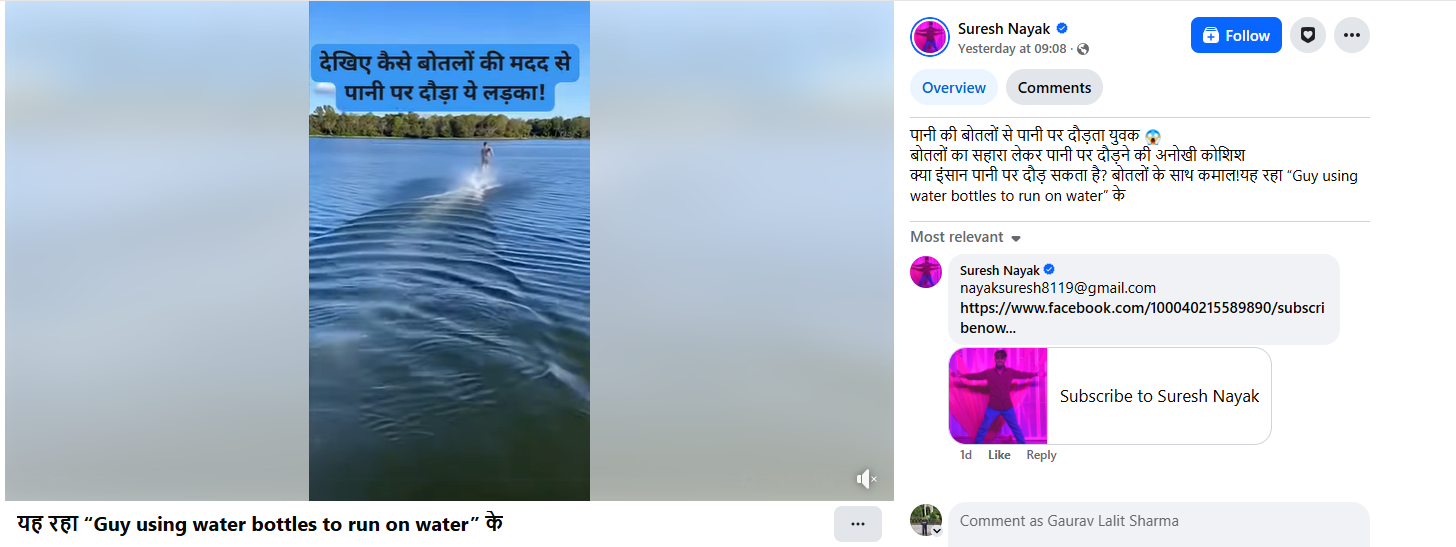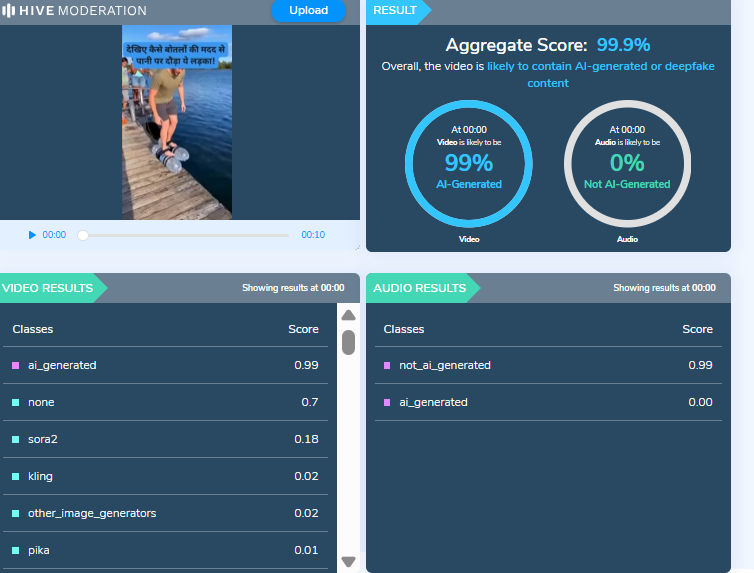Strengthening Online Child Safety: NCPCR Pushes for KYC Age Verification Mechanism
Introduction
India's National Commission for Protection of Child Rights (NCPCR) is set to approach the Ministry of Electronics and Information Technology (MeitY) to recommend mandating a KYC-based system for verifying children's age under the Digital Personal Data Protection (DPDP) Act. The decision to approach or send recommendations to MeitY was taken by NCPCR in a closed-door meeting held on August 13 with social media entities. In the meeting, NCPCR emphasised proposing a KYC-based age verification mechanism. In this background, Section 9 of the Digital Personal Data Protection Act, 2023 defines a child as someone below the age of 18, and Section 9 mandates that such children have to be verified and parental consent will be required before processing their personal data.
Requirement of Verifiable Consent Under Section 9 of DPDP Act
Regarding the processing of children's personal data, Section 9 of the DPDP Act, 2023, provides that for children below 18 years of age, consent from parents/legal guardians is required. The Data Fiduciary shall, before processing any personal data of a child or a person with a disability who has a lawful guardian, obtain verifiable consent from the parent or lawful guardian. Additionally, behavioural monitoring or targeted advertising directed at children is prohibited.
Ongoing debate on Method to obtain Verifiable Consent
Section 9 of the DPDP Act gives parents or lawful guardians more control over their children's data and privacy, and it empowers them to make decisions about how to manage their children's online activities/permissions. However, obtaining such verifiable consent from the parent or legal guardian presents a quandary. It was expected that the upcoming 'DPDP rules,' which have yet to be notified by the Central Government, would shed light on the procedure of obtaining such verifiable consent from a parent or lawful guardian.
However, In the meeting held on 18th July 2024, between MeitY and social media companies to discuss the upcoming Digital Personal Data Protection Rules (DPDP Rules), MeitY stated that it may not intend to prescribe a ‘specific mechanism’ for Data Fiduciaries to verify parental consent for minors using digital services. MeitY instead emphasised obligations put forth on the data fiduciary under section 8(4) of the DPDP Act to implement “appropriate technical and organisational measures” to ensure effective observance of the provisions contained under this act.
In a recent update, MeitY held a review meeting on DPDP rules, where they focused on a method for determining children's ages. It was reported that the ministry is making a few more revisions before releasing the guidelines for public input.
CyberPeace Policy Outlook
CyberPeace in its policy recommendations paper published last month, (available here) also advised obtaining verifiable parental consent through methods such as Government Issued ID, integration of parental consent at ‘entry points’ like app stores, obtaining consent through consent forms, or drawing attention from foreign laws such as California Privacy Law, COPPA, and developing child-friendly SIMs for enhanced child privacy.
CyberPeace in its policy paper also emphasised that when deciding the method to obtain verifiable consent, the respective platforms need to be aligned with the fact that verifiable age verification must be done without compromising user privacy. Balancing user privacy is a question of both technological capabilities and ethical considerations.
DPDP Act is a brand new framework for protecting digital personal data and also puts forth certain obligations on Data Fiduciaries and provides certain rights to Data Principal. With upcoming ‘DPDP Rules’ which are expected to be notified soon, will define the detailed procedure for the implementation of the provisions of the Act. MeitY is refining the DPDP rules before they come out for public consultation. The approach of NCPCR is aimed at ensuring child safety in this digital era. We hope that MeitY comes up with a sound mechanism for obtaining verifiable consent from parents/lawful guardians after taking due consideration to recommendations put forth by various stakeholders, expert organisations and concerned authorities such as NCPCR.
References
- https://www.moneycontrol.com/technology/dpdp-rules-ncpcr-to-recommend-meity-to-bring-in-kyc-based-age-verification-for-children-article-12801563.html
- https://pune.news/government/ncpcr-pushes-for-kyc-based-age-verification-in-digital-data-protection-a-new-era-for-child-safety-215989/#:~:text=During%20this%20meeting%2C%20NCPCR%20issued,consent%20before%20processing%20their%20data
- https://www.hindustantimes.com/india-news/ncpcr-likely-to-seek-clause-for-parents-consent-under-data-protection-rules-101724180521788.html
- https://www.drishtiias.com/daily-updates/daily-news-analysis/dpdp-act-2023-and-the-isssue-of-parental-consent



.webp)


.webp)
